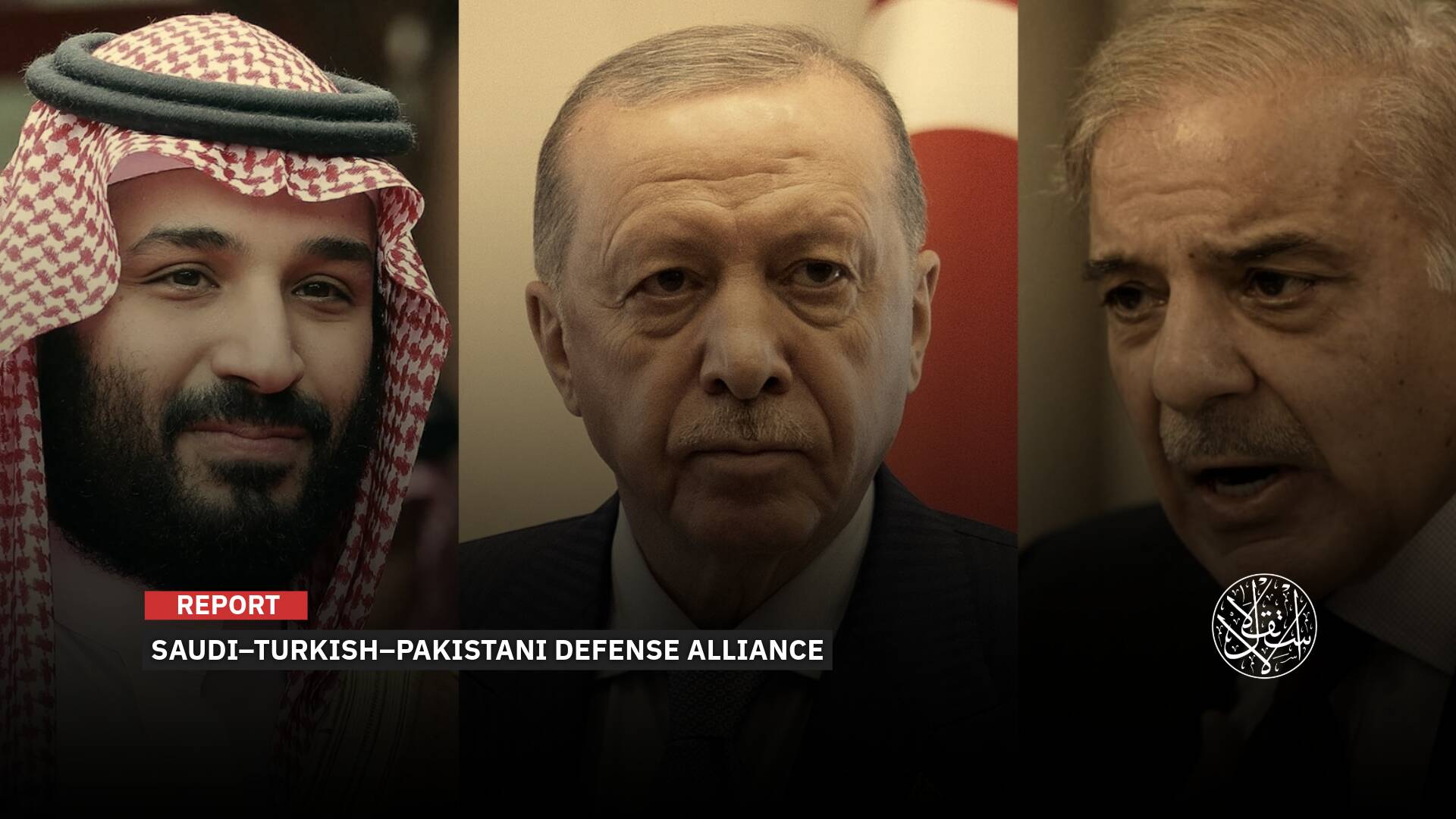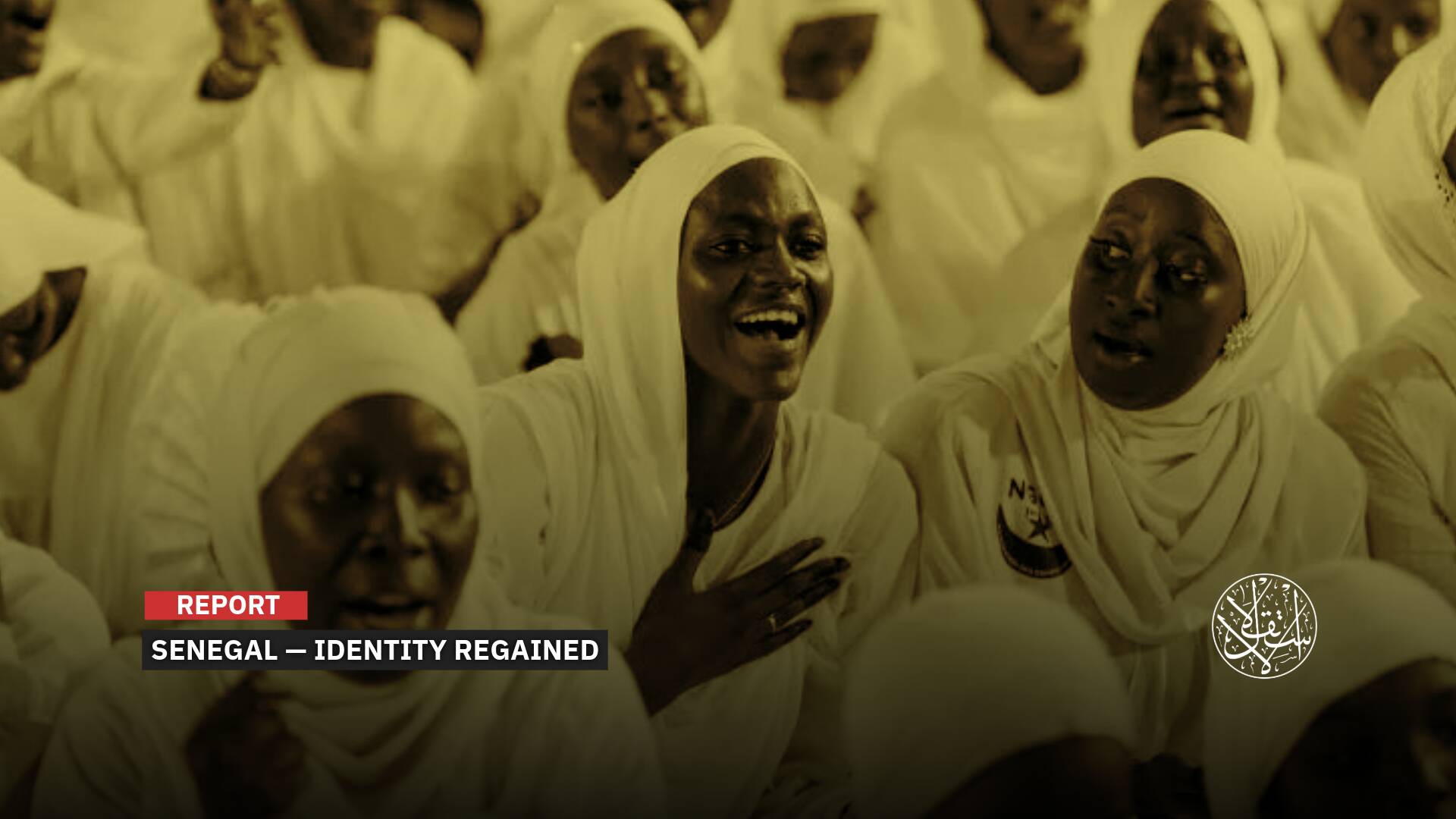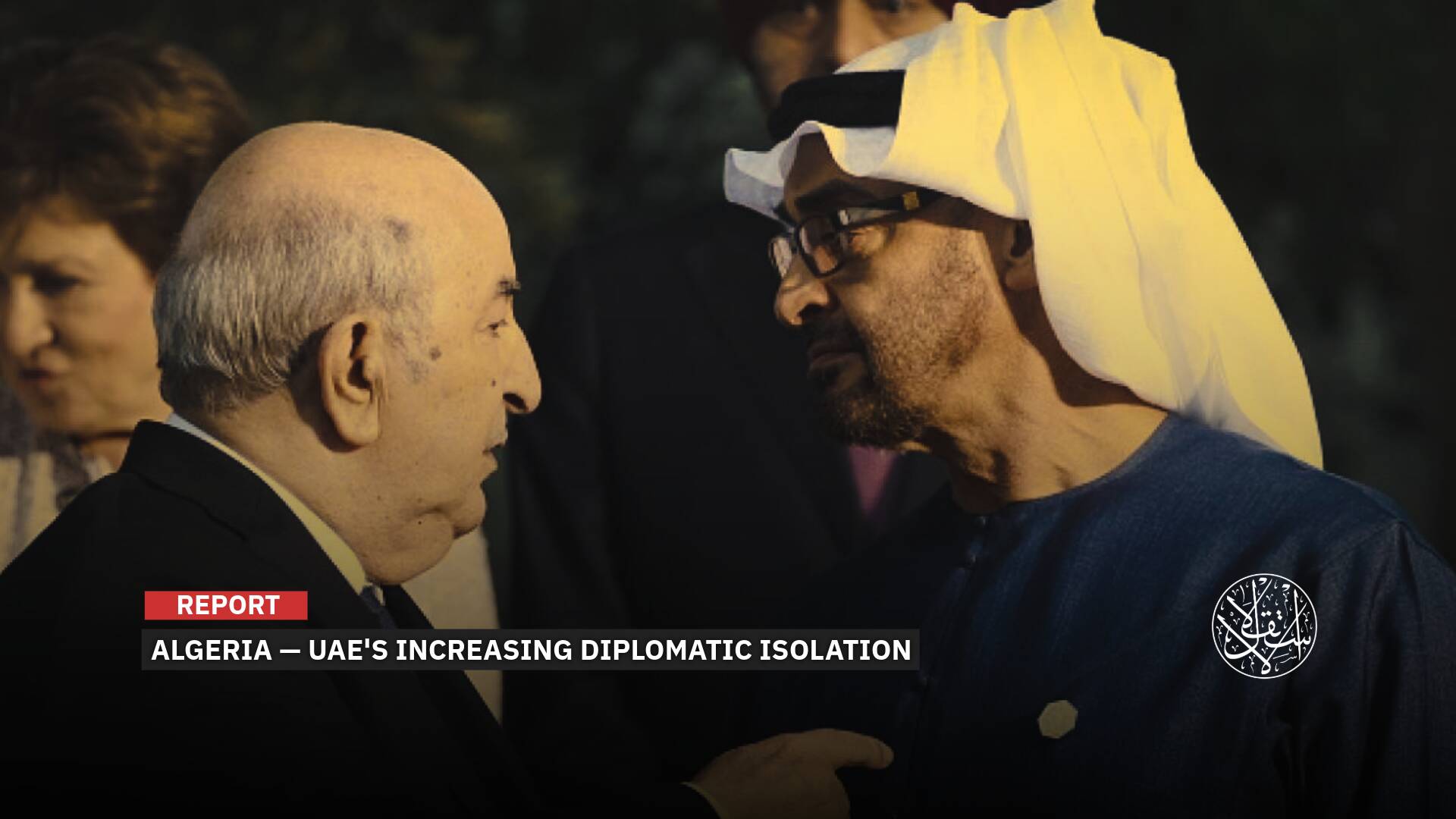This is How the Arab Communities Strongly Contributed to Helping the Earthquake Victims

With the horrific disaster that struck southern Turkiye and northern Syria on February 6, 2023, the Arab communities residing in Turkiye launched various individual and collective initiatives, including traveling to the afflicted cities and collecting in-kind and material aid in addition to blood donation, displaying a true sense of brotherhood and humaneness.
According to the estimate of the Arab Association (Arap Dernegi) in Istanbul, the number of Arabs residing in Turkiye during 2022 reached 5 million. Many of them did not waste time to help the afflicted in 11 Turkish states, which are Kahramanmaras, Gaziantep, Sanliurfa, Diyarbakir, Adana, Adiyaman, Osmaniye, Hatay, Kilis, Malatya, and Elazig.
The M7.7 earthquake of February 6, 2023, followed by another M7.6 hours later, as well as hundreds of violent aftershocks, killed tens of thousands.
50 Bodies
On February 8, 2023, 50 Arab communities, civil society, youth, and student organizations operating in Turkiye issued their statement calling for solidarity.
The statement of the Arab parties raised the slogan “A Call for Solidarity, Relief, and Return of the Favor.” Among the signatories were the Union of Arab Communities (Arap Toplulugu Birligi), the Yemeni Community in Turkiye, the Egyptian Associations Union, the Union of Iraqi Students, in addition to the Palestinian Workers Association, the Algerian Community Forum, the Somali Business Council, the Syrian Community in Istanbul.
The bodies said: “With great sadness and sorrow, the Arab communities received news of the devastating earthquake in Turkiye and Syria, leaving thousands of victims missing and injured, demolishing hundreds of buildings, and displacing hundreds of families.”
They added: “The Arab communities, associations, and institutions in Turkiye, represented by their leaders, declare their full solidarity and stand by the Turkish and Syrian peoples in their ordeal and painful affliction.”
It called on all Arab communities and institutions to provide all kinds of financial and in-kind support to the Turkish official authorities and organizations, as well as organize relief convoys to rescue the stranded, aid the injured, shelter the homeless, and mitigate the effects of the devastating earthquake on the southern states.
The large gathering of Arab communities announced the full readiness of the volunteers to participate with all Turkish society institutions in serving within the affected areas.
The statement concluded: “We send our sincere condolences to the Turkish and Syrian peoples, the families of the victims, and the Turkish state, and we pray to God to accept them as martyrs. We also wish for the speedy rescue of the stranded, and recovery for the injured.”

Volunteer Trips
In Istanbul, a few hours after the news, people were like a hive to save what could be saved, including the huge Arab community that lives in the city.
Blood donation centers and collection points for financial and in-kind donations have spread, as the Turkish authorities have determined that the materials required are canned food, blankets, winter clothes, and shoes, as well as generators and gas cylinders.
The Arab gathering areas witnessed extensive campaigns to collect donations. Donors lined up, especially in the neighborhoods of Sirinevler, Beylikduzu, Esenyurt, and Basaksehir, in addition to the historic Fatih neighborhood, which includes a large number of offices of Arab institutions and organizations. At the same time, delegations of volunteers, individually and in groups, went to the afflicted cities to help their people and convey the details of the disaster through the media and social media platforms.
On February 9, 2023, a delegation from the Egyptian Entities bloc in Turkiye set out for the 11 states with material and in-kind assistance and contributed to removing the effects of the earthquake.
These entities include the Science Student Endowment, the el-Shabab el-Masry in Istanbul, Tollabi, Rakaiz, and the Jewar Foundation, among others.
After a day of hard work in those areas, the bloc issued a statement requesting aid, saying: “Houses destroyed, families abandoned, bodies torn apart, body parts scattered…deadly cold, severe hunger, and fear of an unknown fate…no food, no drink, there is no shelter, but the worst thing is that there is no equipment to exhume the bodies and bury them as God said.”
It added: “We are not talking about a cinematic scene or a fictional novel, but rather we are telling you part of the reality happening now between our backs.”
Multiple Initiatives
The Palestinian community was strongly present in the events and launched a campaign in the name of “Palestine with you,” which began with a remote blood donation, then organized teams of volunteers to go to the afflicted cities and contribute to the rescue operations.
The campaign’s spokesman, Mohammed Abu Taqiya, announced on Facebook on February 14, 2023, that “the campaign is based on dozens of Palestinian civil society organizations present in Turkiye.”
He stressed that it “aims to support the Turkish and Syrian peoples, especially in Turkiye that faced a catastrophe in every sense of the word.”
He added: “Our campaign participated and coordinated with the competent authorities from the AFAD organization or the Turkish Red Crescent and others.”
The Nuran Assistance Association of the Iraqi community also took action and provided its relief services, and it is one of the oldest Iraqi associations operating in Turkiye.
The association announced on its social media accounts “that it hurried to collect the aid and donations from the Iraqi community, and then sent them to the collection points of the Istanbul municipality.”
Interestingly, Syrian associations participated strongly in the relief efforts in southern Turkiye and northern Syria at the same time, despite the catastrophe that hit Syria.
The Molham Volunteering Team launched a wide activity in the southern provinces of Turkiye.
Its director, Atef Nanoua, said: “We launched a campaign from the Istanbul office because the Syrian offices were completely in shock. We did not know how big the disaster was at the beginning, and we did not expect the buildings to be demolished and people to die under the rubble.
“After that, we launched an appeal to collect donations from all over the world, and we were able to collect more than one and a half million dollars in a few hours and send them to the afflicted areas in the two countries,” Nanoua told Anadolu Agency on February 8.
He added: “We have already prepared buses for transportation, whether in Turkiye in Antakya areas that need evacuations and foodstuffs or for northern Syria by preparing hospitals, evacuation, and transportation.”
Effective Role
The Palestinian volunteer, Anas al-Hamid, a graduate of the Faculty of Nursing at the Turkish Bayezid Yildirim University, said: “I participated with a group of Arab resident doctors and nurses in forming an urgent relief team, and we set off hours after the earthquake to Kahramanmaras and then the city of Antioch as it is the most affected area, which witnessed an increase in the number of victims.
Al-Hamid explained to Al-Estiklal that “reaching the afflicted places on that day was very difficult, due to the cracked roads and bad weather, but I entered with my colleagues at Antioch at night; the situation was literally catastrophic, a city completely destroyed, you see only bodies, and you hear voices of those seeking help.
He added: “We participated with our medical capacity in the relief of those who came out from under the rubble, and we provided them with first aid upon the arrival of official government crews, which is a very important process, as it contributed to reducing the number of deaths and injuries.”
Al-Hamid mentioned: “The contribution of Arab associations to provide funds to buy medical supplies needed for first aid had an effective role, in addition to other in-kind assistance such as food and clothing.”
In turn, Ayman al-Hassani, a member of the Moroccan community in Istanbul and a student at Marmara State University, said: “I was part of the Arab relief team that went to the stricken city of Gaziantep, and we entered there with a large aid convoy, and we saw the extent of the Arab community’s historical solidarity with the people of that city.” The province is made up of Turks, Arabs, and Kurds.
Al-Hassani assured that “the destruction that befell those states is difficult for a country to bear on its own, and Turkiye, despite the disaster it suffered, reaped the fruits of containing millions of Arabs from different communities within its lands, and their active role in this difficult humanitarian catastrophe appeared.”
He concluded his speech by saying: “When the earthquake occurred, it did not differentiate between an Arab and a Turk, and we all felt the painful affliction as if it occurred in our country, and I saw the teams of volunteers, even women, and mothers, who came from far away and from Istanbul thousands of kilometers away to participate and fulfill their duty towards their brothers.”









